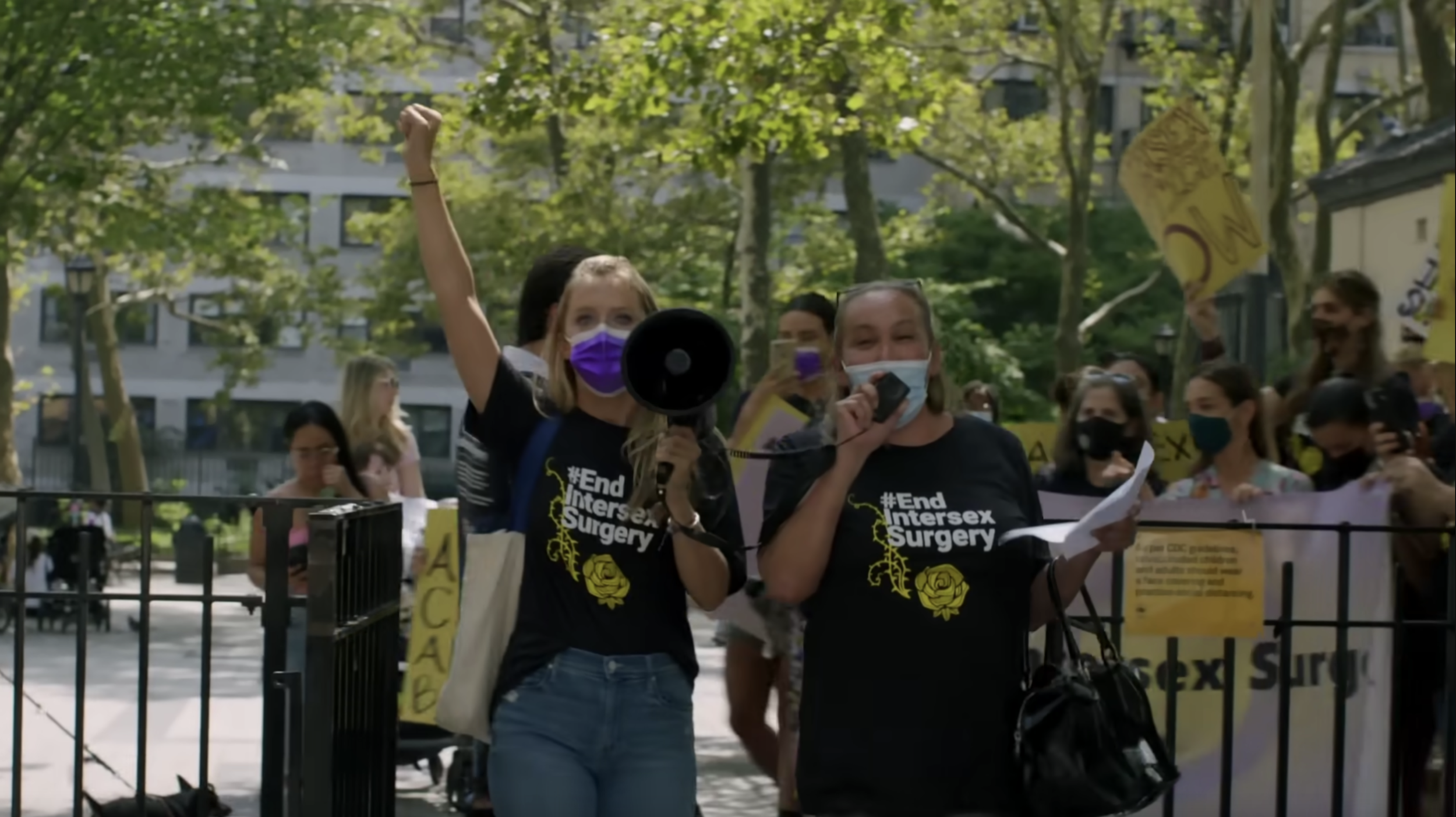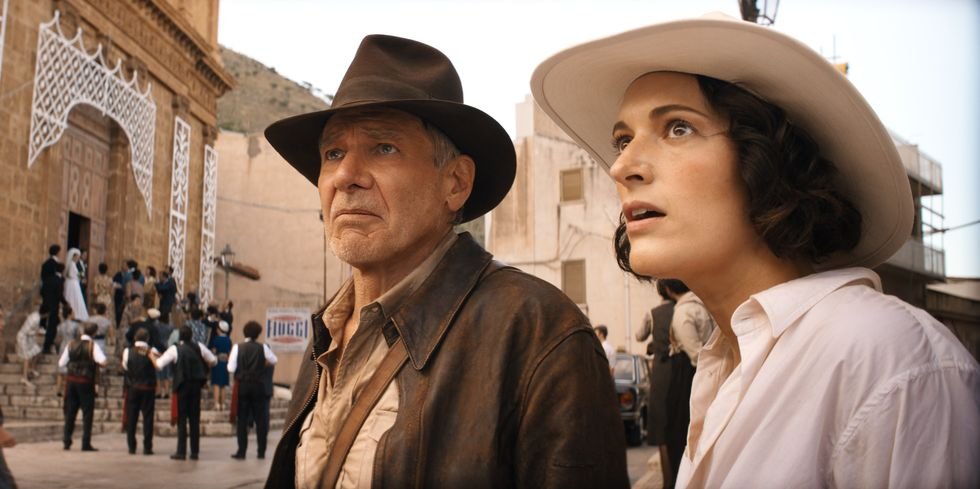MISSION: IMPOSSIBLE - DEAD RECKONING PART ONE
Directing: B
Acting: B
Writing: B-
Cinematography: B+
Editing: B
Special effets: A-
I am of two minds about this, the seventh entry in the Mission: Impossible film franchise—starring a sixty-one-year-old Tom Cruise, twenty-seven years after the first of these films was released. Which is to say, Tom Cruise’s evident desire to one day die on a movie set, perhaps during yet another stunt on a train, is starting to run out of steam.
And I am a bona fide fan of this fanchise, in spite of having actively ignored it for its first fifteen years. It was Ghost Protocol in 2012—the first of the sequels not to be given a number—that made me a convert, largely on its spectacular sequence on the outside of the Burj Khalifa building in Dubai. That remains my favorite in the series, but I would not argue with anyone who asserted that the films actually got better with each installment from there, from Rogue Nation in 2015 to Fallout in 2018. I consistently gave all three of these movies a highly recommended B-plus.
This is a better action franchise than the wildly uneven Fast and Furious, and far more fun than the self-indulgent John Wick series. Well, until now, anyway.
I’d say Dead Reckoning Part One takes a bit of a dip. “Bit” is the operative word here; it’s not a very big dip. This movie is an undeniably exciting watch, but I can’t say it does much in the way of innovation. Previous installments have had signature set pieces that really make them stand out, from the Burj Khalifa to clinging to the side of a plane to a practically shot skydive sequence. Dead Reckoning spends a lot of time referencing things we’ve seen already: a fight atop a runaway train that recalls the first Mission: Impossible; a car chase through Venice that recalls similar sequences in both John Wick and James Bond movies; an admittedly spectacular set piece involving train cars sliding over a cliff that, if you’re old enough anyway, recalls a very similar sequence in the 1997 film The Lost World: Jurassic Park.
We do, at least, get to see our hero, Ethan Hunt, ride a motorcycle right off a cliff to lean into a parachute dive, only to cut soon after to a very funny moment when he crashes through a window into one of the cars of the aforementioned train. This cliff jump was seen ad nauseam in the trailers, which effectively racheted up the anticipation. It’s a great, beautifully shot stunt, which is one of the few moments in this movie that don’t last long enough.
Which brings me to the thing about Dead Reckoning Part One that genuinely impressed me. This is by 16 minutes the longest of the Mission: Impossible films, but you’d never know it from watching it: at least two different action set pieces go on quite a long time, but there are actually fewer such set pieces than usual in a movie like this—in fact, this time around, director Christopher McQuarrie (who has now done the most recent three of these films) moved away from the traditional cold open with a huge stunt. Instead, we start with a submarine sequence that is more concerned with suspense and intrigue than with action, one of several elements that deliberately harken back to the very first film. (Henry Czerny also returns as Eugene Kittridge, having last been seen in the 1996 original.) And still, not a moment feels particularly wasted, at least in terms of being entertained.
Did this need to be split into two parts, though? I’d have been much happier with a film of this run time, with the same number of action sequences, with an actual resolution at the end rather than a literal cliffhanger. Evidently McQuarrie and Cruise were so enamored with all the set piece ideas they had that they wanted to cram them into one, ridiculously long story. But, I mean, why not just save some for the inevitable next sequel?
That said, I’m not sure how many sequels this franchise needs. Once we get next year’s Mission: Impossible - Dead Reckoning Part Two, maybe we can settle on the idea that eight is enough. This is the first time in roughly a decade that the franchise has felt less rather than more propulsive than the prior installment. Honestly, as great as McQuarrie has been, it may just be a matter of getting some fresh directorial blood into the franchise. Tom Cruise will be kicking ass with whichever director it takes until one final kick throws his back out.
A quick side note: I do love how many women get showcased in these movies. We do get Ehtan’s beloved buddies yet again, Luther (Ving Rhames, the only other person besides Cruise himself who has been in every one of these movies) and Benji (Simon Pegg, who has been in all of them since Mission: Impossible III). We also get Rebecca Ferguson returning for a third outing as Ilsa Faust; Vanessa Kirby for the second time as The White Widow (doing an excellent job as both that character, and a different character disguised as her); and franchise newcomer Hayley Atwell as Grace, a skilled pickpocket who gets yanked into the proceedings. All of them play pivotal roles in the story, and none of them are particularly objectified or the subject of womanizing. In fact all three of them are ass kickers, although honestly as characters Grace is the least memorable of them.
I would say Dead Reckoning does have a slight villain problem, in that any human villain really only counts as a henchman—and the real villain this time around is an artificial intelligence. The whole plot, ridiculous as always (and we would expect nothing less from this franchise) revolves around a global race of nations to get their hands on a key, which will potentially unlock control over this AI that can be used to take over the world, but which is essentially well on its way to that all on its own. How this plays out gets predictably muddled, as it’s all just fodder for the aforementioned action sequences. It also results in a massive threat that has no personality. And a movie is always better if its villain has personality.
We do get Esai Morales as Gabriel, someone returning from Ethan Hunt’s distant past (but never having been in the franchise before), who ultimately functions as a meat-puppet of the AI. Gabriel could have been infused with some personality, but Morales doesn’t give him much, nor does the script.
Don’t get me wrong, I was very engaged with and entertained by this movie. When it’s “same shit, different year,” it’s easier to cope with when it’s still good shit. I just didn’t have quite the same level of emotional investment as in previous installments, not so much because of the characters, who have never had all that many dimensions to them, but because the same level of cinematic inventiveness isn’t quite there. It’s still a serviceable outing that gets the job done as an action movie.
This franchise is still hanging in there.
Overall: B










